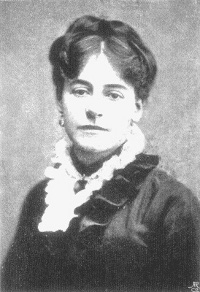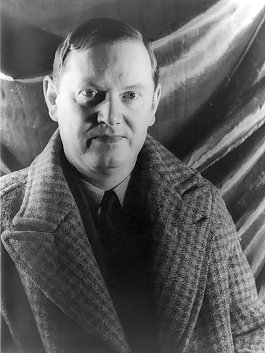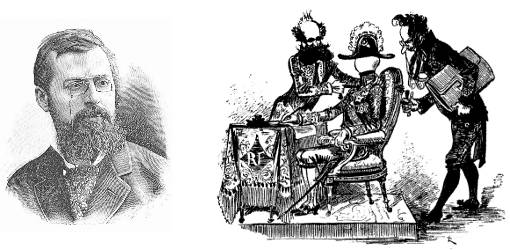From “Love and Freindship,” a story by the 14-year-old Jane Austen:
One evening in December, as my father, my mother, and myself were arranged in social converse round our fireside, we were on a sudden greatly astonished by hearing a violent knocking on the outward door of our rustic cot.
My father started — ‘What noise is that?’ said he. ‘It sounds like a loud rapping at the door,’ replied my mother. ‘It does indeed,’ cried I. ‘I am of your opinion,’ said my father, ‘it certainly does appear to proceed from some uncommon violence exerted against our unoffending door.’ ‘Yes,’ exclaimed I, ‘I cannot help thinking it must be somebody who knocks for admittance.’
‘That is another point,’ replied he. ‘We must not pretend to determine on what motive the person may knock — though that someone does rap at the door, I am partly convinced.’
Here, a second tremendous rap interrupted my father in his speech and somewhat alarmed my mother and me.
‘Had we better not go and see who it is?’ said she. ‘The servants are out.’ ‘I think we had,’ replied I. ‘Certainly,’ added my father, ‘by all means.’ ‘Shall we go now?’ said my mother, ‘The sooner the better,’ answered he. ‘Oh! let no time be lost,’ cried I.
A third more violent rap than ever again assaulted our ears. ‘I am certain there is somebody knocking at the door,’ said my mother. ‘I think there must,’ replied my father. ‘I fancy the servants are returned,’ said I. ‘I think I hear Mary going to the door.’ ‘I’m glad of it, cried my father, ‘for I long to know who it is.’
I was right in my conjecture; for Mary instantly entering the room informed us that a young gentleman and his servant were at the door, who had lost their way, were very cold and begged leave to warm themselves by our fire. …






